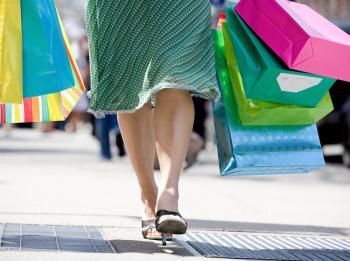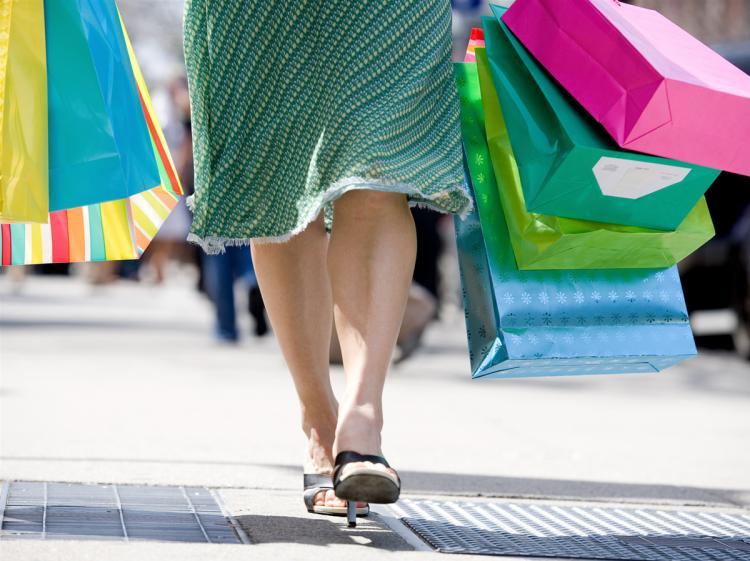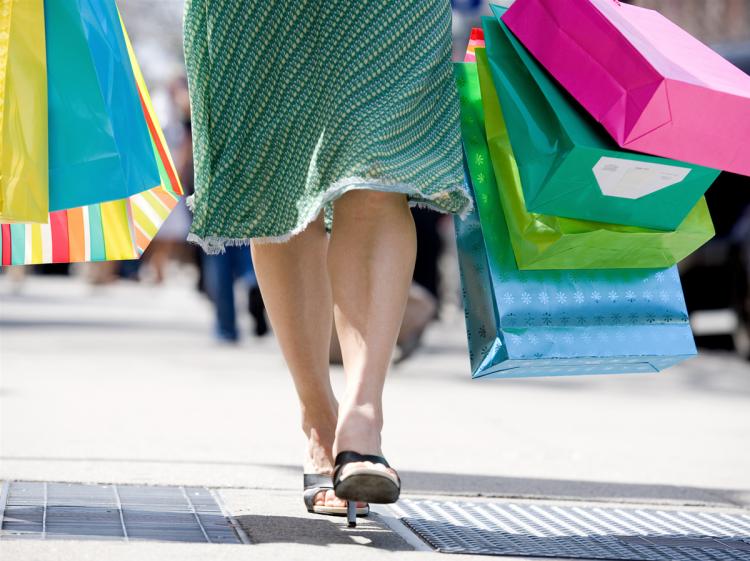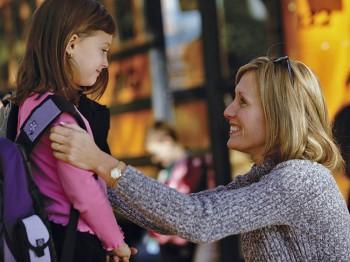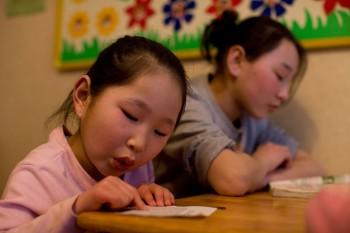After deciding to spend our holiday shopping money on responsible, conscientious companies, we feel really virtuous—for a few minutes. Then we run into a big problem: How do we find good companies with good products? Can we trust what the company itself says?
Surely, if we had unlimited resources, we could go to the manufacturers and track the product all the way back to our local store. But in reality, we need to find quicker ways to tell. Here are some tips from people in the industry who believe in responsible sourcing.
Marty Stevens-Heebner, creator of Rebagz, an eco-friendly handbag company that donates part of its sales to Greenpeace, Women for Women International, and Breast Cancer Emergency Fund, explained what she has learned. She had worked in Mexico with Global Exchange, which was a life-changing experience that led her to want to support good works with her handbag company.
Her company makes a difference in three ways: by protecting the environment and the workers and by donating to good causes. The company cuts down on pollution and helps the environment by using recycled plastic for purse handles and recycling rice sacks and other materials for the body.
The company is also concerned about the working conditions at its manufacturing companies, so Marty personally visits the factories before she gives them any contracts. She says, “Cultures are different but human nature is the same everywhere.” Thus she is able to get a sense of how the people are treated when she talks with them.
Her suggestions on things to look for:
– What a company says on its Web site. (It has to be able to back up any claims they make.)
– Certification by an organization that has an application process.
– What percent is donated, and how it is calculated. (The Better Business Bureau has standards for a company to follow when it reports that it donates to a cause.)
– If the company can’t visit to keep an eye on the practices, it has an agent who feels the same inspiration and will look after the company’s values in the producing country.
– These organizations do a good job: Fair Trade Federation, Green America, Global Exchange, World Fair Trade Organization
She also suggests checking around your social network to see if someone you know has any knowledge of the companies or products that you are interested in.
Another place you can find clothing companies wanting to provide transparency is at the Made-By Web site, which gives the names of companies they work with that care about people and the planet. The Web site presents video information on the entire production process, and includes a place to enter the Made-By code in your garment to find out where and by whom it was made. And on a map, the Web site shows the paths the garments take to get to the stores.
Food Can Also Be Fair Trade
If your holiday shopping moves into the food department, you can apply your standards here, too. Publications are a good source of information about which products to buy, especially if they make a point of not catering to pressure from financial interests.
We found a report in Ode magazine, which describes itself as a magazine “For Intelligent Optimists,” about a company in San Clemente, Calif., founded by a surfer who tried acai berries when he was in Brazil. Ryan Black wanted to bring this fruit to people in the U.S. but not if it exploited the Amazon rain forest or the workers. So he and his brother, Jeremy, set up the Sambazon Company using a new business idea: to protect and enhance the people and the land the fruit came from.
This decision was the beginning of the fair trade mentality. There are now many coffees that are Fair Trade Certified, and more products are joining the list—tea, chocolate, sugar, even flowers. TransFair USA is a Fair Trade certifier in the U.S., with a list of places to find Fair Trade items on its Web site, and Ecocert is a European certifier. The U.S. Department of Agriculture does not certify Fair Trade, but it does have standards for organic growing.
www.rebagz.com
www.Made-by.org
www.sambazon.com
www.transfairusa.org

